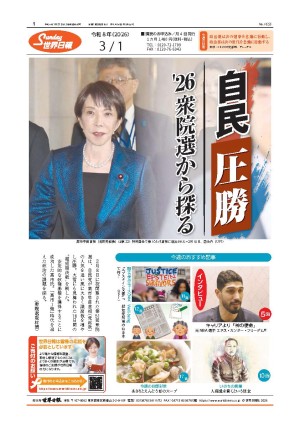各国で宗教迫害が増加―ピュー・リサーチ・センター Religious persecution increasing, Pew Research Center report finds
世界各地で近年、宗教的表現の自由への当局による弾圧が強まっていることが、世界の宗教迫害に関する最新の報告で明らかになった。
ピュー・リサーチ・センターが実施した宗教への政府当局による制限の追跡調査によると、2018年の宗教弾圧は、調査が開始された2007年以来、50%増加した。調査は10日に公表された。
...【全文を読む】







